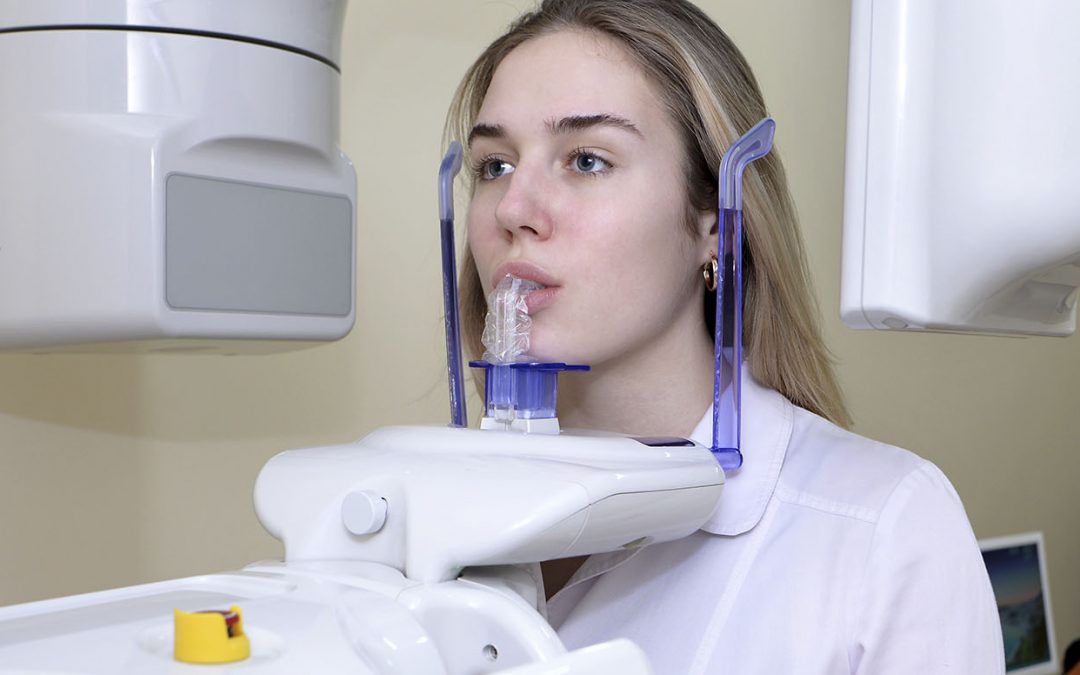ISO 9917 Glass Ionomer Cement Fluoride Release Testing
The ISO 9917 standard specifies the procedures for determining the fluoride release from glass ionomer cements used in dental applications. This testing is crucial as it ensures that these materials meet stringent requirements regarding their biocompatibility and performance, especially concerning the release of fluoride ions which are vital for remineralization and protection against tooth decay.
Fluoride-releasing glass ionomers have become a cornerstone in modern dentistry due to their ability to provide localized fluoride delivery at the site of application. This characteristic helps in reducing caries recurrence, promoting dental health, and providing a more effective treatment for patients with high-risk factors for dental caries.
The testing process according to ISO 9917 involves several steps including sample preparation, immersion in standardized solutions, measurement of fluoride ions released over time, and comparison against specified limits. This meticulous approach ensures that the glass ionomer cements meet not only regulatory standards but also exceed expectations set by dental professionals.
Our laboratory adheres strictly to this international standard ensuring accurate and reliable results. By conducting these tests, we help our clients ensure compliance with global regulations while simultaneously providing valuable insights into the performance characteristics of their materials.
- Sample Preparation: Specimens are carefully prepared following ISO guidelines to maintain consistency across different batches.
- Immersion Periods: Samples undergo immersion periods designed to simulate real-world usage conditions.
- Measurement Techniques: Advanced analytical techniques are employed for precise measurement of fluoride ion release.
By leveraging our expertise in dental device testing, we can provide comprehensive support throughout the entire testing process. From initial consultation on sample preparation methods to final interpretation of results, our team is committed to delivering high-quality services tailored specifically towards meeting your unique needs.
This level of precision and attention to detail is what sets us apart from other laboratories offering similar services. Our clients benefit not only from compliance assurance but also from enhanced product performance data that can guide further research and development efforts.
Scope and Methodology
The scope of ISO 9917 Glass Ionomer Cement Fluoride Release Testing encompasses the evaluation of fluoride release from dental materials, specifically focusing on glass ionomer cements. This testing is designed to assess how effectively these materials can deliver fluoride ions over time, which plays a critical role in preventing tooth decay and promoting oral health.
The methodology involves several key steps:
- Sample Preparation: Specimens of the glass ionomer cement are prepared according to ISO 9917 specifications. This includes ensuring uniformity in shape and size, which is essential for accurate testing results.
- Immersion: Prepared specimens are placed into standardized solutions containing phosphate buffered saline (PBS). The duration of this immersion period varies depending on the specific requirements outlined by ISO 9917.
- Fluoride Measurement: During and after the immersion period, samples are analyzed for fluoride ion concentration using validated analytical methods such as ion-selective electrodes or atomic absorption spectrophotometry. These techniques ensure accurate quantification of released fluoride ions.
The results obtained from these measurements are then compared against predetermined thresholds specified in ISO 9917 to determine whether the material complies with required performance criteria.
Our laboratory follows all prescribed procedures meticulously, ensuring that every aspect of the testing process adheres strictly to ISO standards. This commitment guarantees reliable and repeatable results, providing you with confidence in both regulatory compliance and product quality.
Industry Applications
The application of ISO 9917 Glass Ionomer Cement Fluoride Release Testing extends beyond mere compliance; it serves as a vital tool for ensuring the efficacy and safety of dental materials. For quality managers, this testing provides assurance that their products meet stringent international standards, thereby enhancing trust among consumers.
Compliance officers can rely on these tests to verify adherence to regulations set forth by bodies like the International Organization for Standardization (ISO), which helps maintain consistency across different markets and regions. In terms of R&D engineers, this testing offers valuable data that can inform decisions about material composition and design improvements aimed at enhancing performance.
For procurement teams, ISO 9917 compliance ensures they are sourcing materials from reputable suppliers who adhere to high-quality standards. This not only protects against potential legal issues but also supports long-term relationships with trusted partners.
In summary, the application of this standard in dental device testing is multifaceted, impacting various stakeholders within the industry. It fosters innovation through rigorous evaluation processes while simultaneously safeguarding consumer health and safety.





